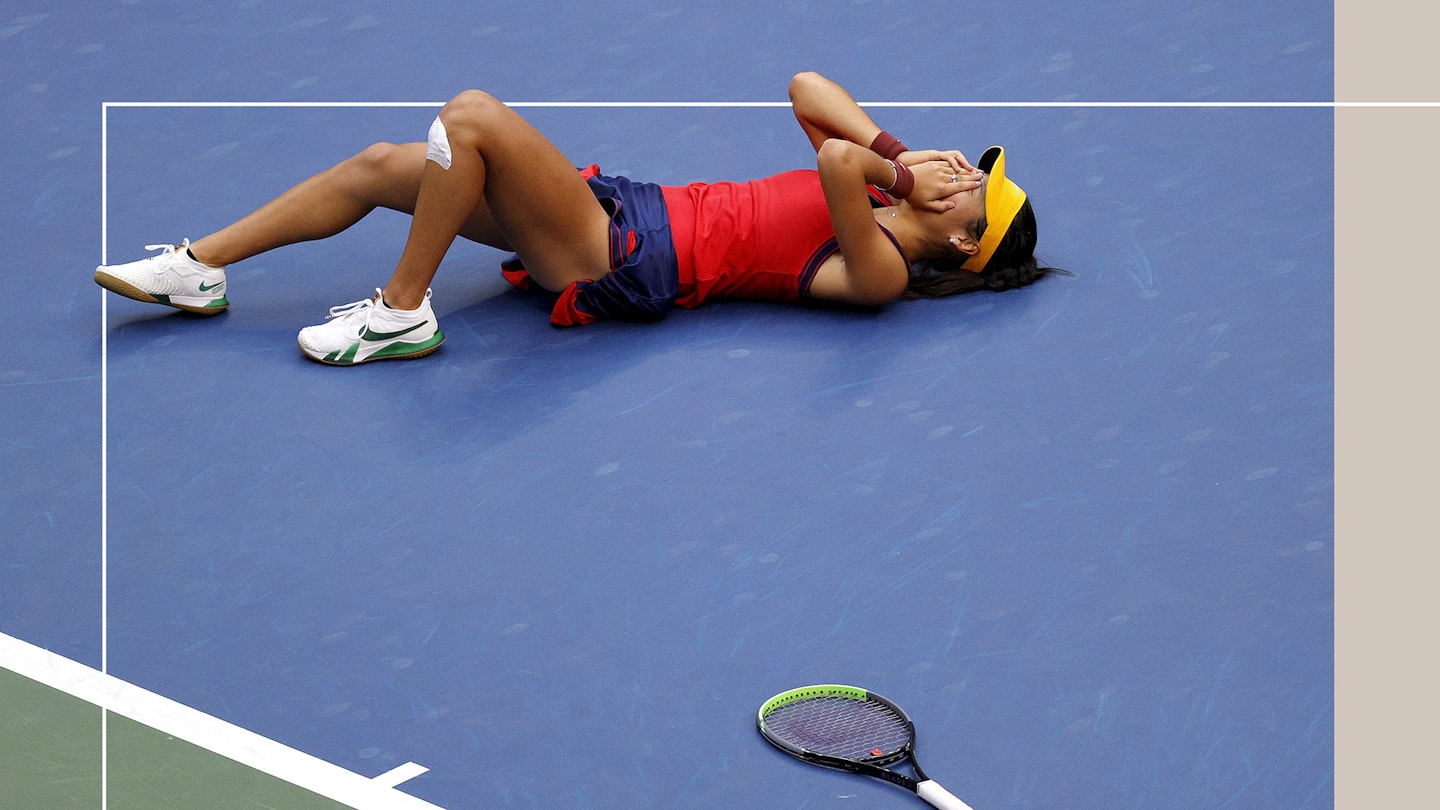What a year it has been for sports! After 2020 stole so many planned events from us, a packed 2021 calendar made for many incredible sporting highs... and some serious lows. While Lewis Hamilton broke the Grand Prix record with his 100th win and 19-year- old Emma Raducanu blew us away at the US Open, there were gut-wrenching moments when England’s hope of football ‘coming home’ failed to become a reality.
As we lived, hoped and breathed with the athletes fighting for victory, we were reminded too that what happens on the playing field has ramifications far beyond it. ‘Politics has no place in sports!’ is a phrase I’ve heard uttered too many times to count, yet 2021 proved just how interwoven sports and politics are.
In the European Beach Handball Championship, the Norwegian women’s team refused to wear the proposed uniform of tiny bikinis and midriff-baring tops, with each female member fined €150 (£127) as a result. The decision sparked outrage, the misogyny – the men had no such uniform code – glaringly obvious. After the backlash the sport’s international federation changed course, allowing female players to wear close-fit shorts and tank tops.
Over at the Tokyo Olympics, Germany’s gymnastics team decided to wear long unitards instead of leotards (which stop above the hips). US gymnast Simone Biles publicly supported them, saying women should get to wear whatever they feel comfortable in. As far as sexist uniform rules go, 2021 was the year women pushed back.
Then Biles herself went on to make a monumental decision during the Olympics, choosing to pull out of the uneven bars and vault finals in order to prioritise her mental health. She had company in tennis star Naomi Osaka, who made a similar decision in withdrawing from the French Open. It was empowering seeing these women take ownership of their public image, making it clear that their emotional wellbeing is intrinsic to their success and, most importantly, choosing themselves. It set an example for all of us, and ultimately redefined the way we view success.
Of all these very political sporting moments, though, none is more etched in my memory than the (delayed) Euro 2020 final – when a penalty shoot-out saw Italy defeat England. The England players who missed their penalties happened to be Black (Marcus Rashford, Jadon Sancho and Bukayo Saka) and thus were bombarded with racist abuse. It was encouraging to see so many people denounce the overt racism, but, more importantly, the incident sparked a conversation about what is really being done to tackle racism in the UK – and what still remains to do. Just weeks later, Lewis Hamilton faced similar racist abuse after colliding with Max Verstappen during the British Grand Prix race he went on to win.
These incidents showed just how deeply embedded racism is across sporting disciplines (and society). What made me and so many others hopeful, though, is that England football manager Gareth Southgate and Toto Wolff, head of Hamilton’s Mercedes team, spoke out in defence of their athletes. They explicitly named the abuse as racist, rather than beating around the bush. This is the kind of change that creates hope, even if it feels slow at times.
Emma Raducanu’s win proved a lot too, not just because she became the first British woman to take home a Grand Slam singles title since 1977 (I guess when everyone was singing ‘It’s coming home’, they didn’t realise it would be a tennis trophy!) but because her background exemplifies why politics and sport go hand in hand. As someone of Romanian and Chinese descent – who was also born in Canada – her success should remind us that politics affects who has access to citizenship and, as such, world-class training facilities.
So, while some say we should ‘leave politics out of sport’, we can’t: politics sets the stage for all of these athletes – and for us to enjoy their wins as fans. So, in honour of them, we must make every effort to drown out the boos from those yet to see the beauty in actively letting politics be a part of sport. Politics dictates a lot – it might just decide who your next favourite athlete is.
READ MORE: The Latest Jack Grealish Rumour Shows It’s Time To Retire The ‘Other Woman’ Label
